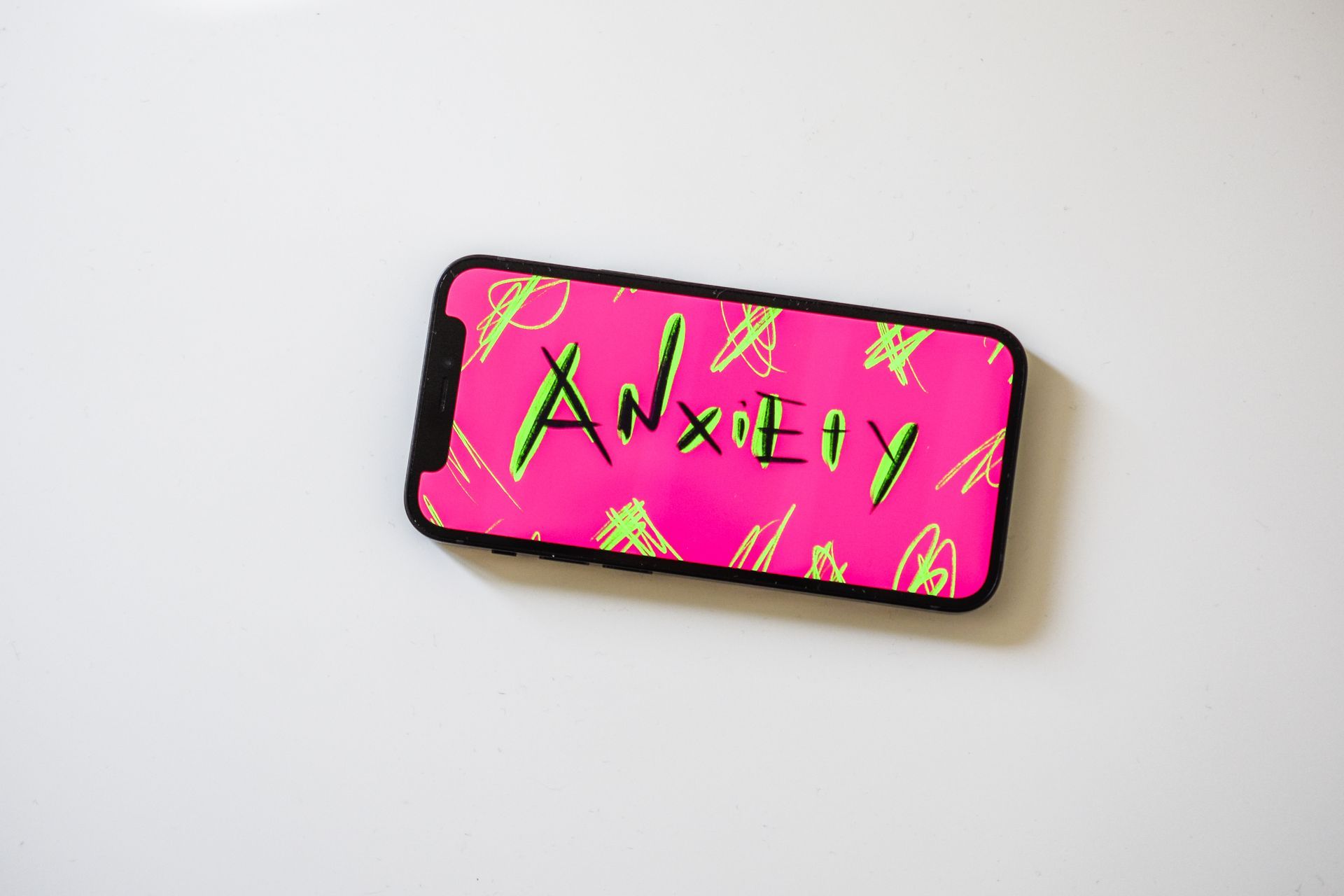“I want to feel better”
“I’m so stressed out; I can’t get anything done.”
“I’m overwhelmed.”
“I feel stuck.”
“Things only seem to be getting worse.”
When I first meet a new patient and ask them how I can help, this is the response that I hear most often; “I want to feel better.”
Like many, my clients are smart, caring, and have many dreams, but life has been tough. They try and stay “positive” and “upbeat” because that’s what they’ve been told they should do. “It’ll get better, don’t worry”
is what they often hear.
They’ve thought about going to counseling but initially second-guessed themselves.
“What if I keep going just a little bit longer, maybe things will get better?”
“I guess things could be worse?”
“Others can figure it out. Why can’t I?”
If that sounds like you, you're not alone! Below are a few thoughts on when therapy might be helpful.
1. Your symptoms are getting in the way of work, relationships, and your overall wellbeing
You may have been able to manage your symptoms for a little bit, but suddenly it feels like they are managing you. No matter what you do, you can’t seem to get better. You can’t stop worrying. You’re overwhelmed and can’t get anything done. Your work is affected, your relationships take a toll, you just don’t feel like yourself. As a rule of thumb, therapy might be a good idea when you feel like your problems are interfering with your personal or professional life, or causing significant distress. If you can’t focus on anything else, it may be time to seek out counseling.
2. You feel stuck
Something in your life just doesn’t seem like it’s working anymore. It may be a relationship, a job, or a routine that isn't quite getting you where you want to be.
You want to get back into a life that feels more like you and you don’t quite know how to get there. Or maybe you do but you can’t figure out how to keep up with the changes you want to make. Therapy can provide the support you need to help you: 1) Figure out what you need or want, and 2) give you the tools to get you unstuck and moving toward your goals.
3. Friends and family are concerned about you
Your loved ones may have mentioned that they’re concerned about you. They’ve noticed that you’re isolating yourself or that you seem worried, tired, or sad.
Or maybe someone at work commented on a significant shift in your productivity. It sometimes takes someone else to bring up some concerns about your wellbeing for us to realize that we may need help to address our mental health.
4. You need support coping with a life-changing event
When life changes suddenly, adjusting to a new reality often requires a lot of support. Big life changes (a medical diagnosis, a divorce, a loss, etc) can force you to take on new responsibilities and require some lifestyle changes that are often challenging.
While gathering the support of friends and family is important, therapy can also offer additional support to help you go through the ups and downs of the challenges you are facing. Psychotherapy is also a safe place to discuss difficult topics you may not quite feel ready to bring up with your loved ones.
5. You are living with painful or challenging physical symptoms
Living with chronic illness or chronic pain for instance can be very hard to adjust to and is often accompanied by many losses. Therapy is a place to address emotional and physical difficulties and receive support to help navigate the ups and downs of life with a medical condition.
Health psychologists
are a good resource to help you cope with these challenges.
6 . You feel lonely
7. You’re doing fine but you want to continue growing and learning
You don’t need to be in a crisis or feel completely overwhelmed to seek therapy! It’s perfectly fine to use therapy as an opportunity to reflect on your accomplishments and your goals, and continue to learn and grow.
This is in no way an exhaustive list of reasons to go to therapy. I could think of so many more! And if you find yourself reading this article and still question whether you want to give therapy a try, know that many therapists offer a free phone consultation. That may give you a chance to discuss what resources may be a good fit for you at this time.
I am Dr. Aurelie Lucette, a clinical health psychologist who provides individual therapy in Miami and online throughout the state of Florida. I can help with issues related to anxiety, stress, sleep, and depression. I also specialize in therapy for adults living with cancer , chronic illness, chronic pain,
caregiving stress.






